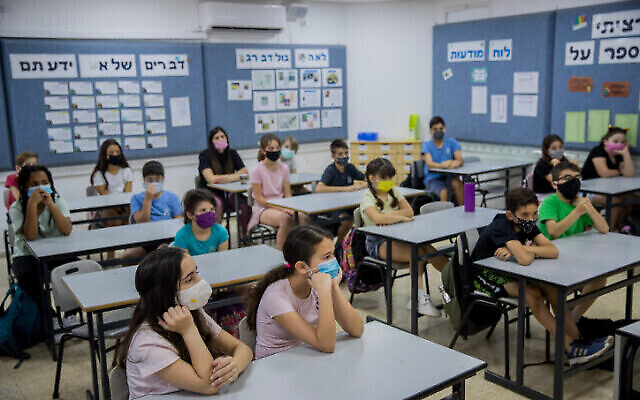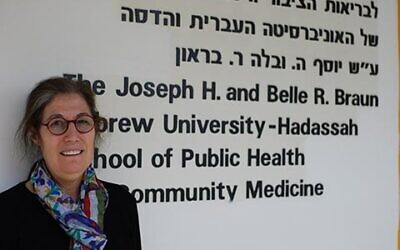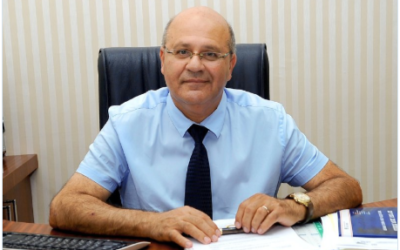Israel’s Schools Closed for COVID and Sukkot
New studies, however, suggest that children under age 10 could return to schools even before the end of the nationwide lockdown.

Medical officials in Israel believe that some of the lessons they have learned about the spread of COVID-19 were discovered from the various educational systems in the country. In fact, there may be three main takeaways they have learned – and these are not reading, writing and arithmetic.
The first lesson was gleaned from the decision to reopen all schools quickly and unprepared on Sept. 1. That decision is now widely blamed for Israel’s current high infection rate. According to several world organizations that track the virus, including Johns Hopkins University, Israel has the world’s worst daily coronavirus infection rate per capita.
The second lesson came as a result of the tens of thousands of yeshiva students who went home to their families for Sukkot. Health Ministry Director-General Chezy Levy told journalists that some ultra-Orthodox yeshivas had “enormous” rates of infection. More than a dozen ultra-Orthodox education centers were transformed into housing facilities for COVID-19 patients. The ultra-Orthodox yeshivas had been reopened after the summer months in mid-August, two weeks ahead of the general school system.

The third lesson may be found in a new report from doctors and academics from Hebrew University and Hadassah Medical Center which indicates that children younger than 10 are less likely than older children to catch and transmit the COVID-19 virus. Older children, they say, can and transmit the virus like adults.
One of the report’s authors, epidemiologist Ora Paltiel, told The Times of Israel, “Young children are not the main engine of transmission for this virus, and therefore we have to do everything we can to protect their ability to go [to school] and learn.”
Israel’s education system is essentially closed down, both because of the strict national lockdown due to COVID-19 that went into effect on erev Rosh Hashanah, and because of the Sukkot holiday. The nationwide lockdown – initially set for three weeks but which could be extended – restricts Israelis from traveling one kilometer, or .62 miles, from their residence except for essential services.
Most shops and businesses have been shut down, exacerbating an economy still reeling from the country’s first lockdown in the spring. While even synagogues were closed for indoor services except on Yom Kippur, Israeli authorities are nervous about people visiting each other’s sukkot during the holiday. As the stricter rules continued to be sharpened, even anti-government protests were limited by forbidding demonstrators to protest more than one kilometer from their homes.
While Israelis, for the most part, have been acceding to the restrictions, they have done so grudgingly.

In the new study, Paltiel suggested that even as the country remains shut down, young children, who have been mostly isolated for weeks, should be allowed to return to school even before the end of the lockdown. On the other hand, “for middle school and high school, the rates [of COVID-19] do not support the opening of school and won’t for a very long time.”
Paltiel said that her conclusions about young school children are based on two things. For one, the Centers for Disease Control and Prevention in Atlanta found that younger children are only half as likely to become infected as teenagers. Secondly, she added that this is also reflected in observations about infection patterns in Israel.
The person responsible for managing the COVID-19 spread in Israel’s ultra-Orthodox communities suggested that yeshivas will not reopen as long as the general education system for students over aged 10 are closed. “If everything is closed and there are no studies all over the country, with an emphasis on ages over 10, then there will be no yeshivas,” said Brig. Gen. Roni Noma.
The current lockdown started Sept. 18 and, at press time, was scheduled to end Oct. 14. However, the government has frequently changed the actual restrictions and the time frame on the lockdown. Referring to the high positivity rates in the country, the Health Ministry’s Levy stated, “It is clear that the education system will not be able to open as normal, and it is not certain that we will open it at all.”



comments